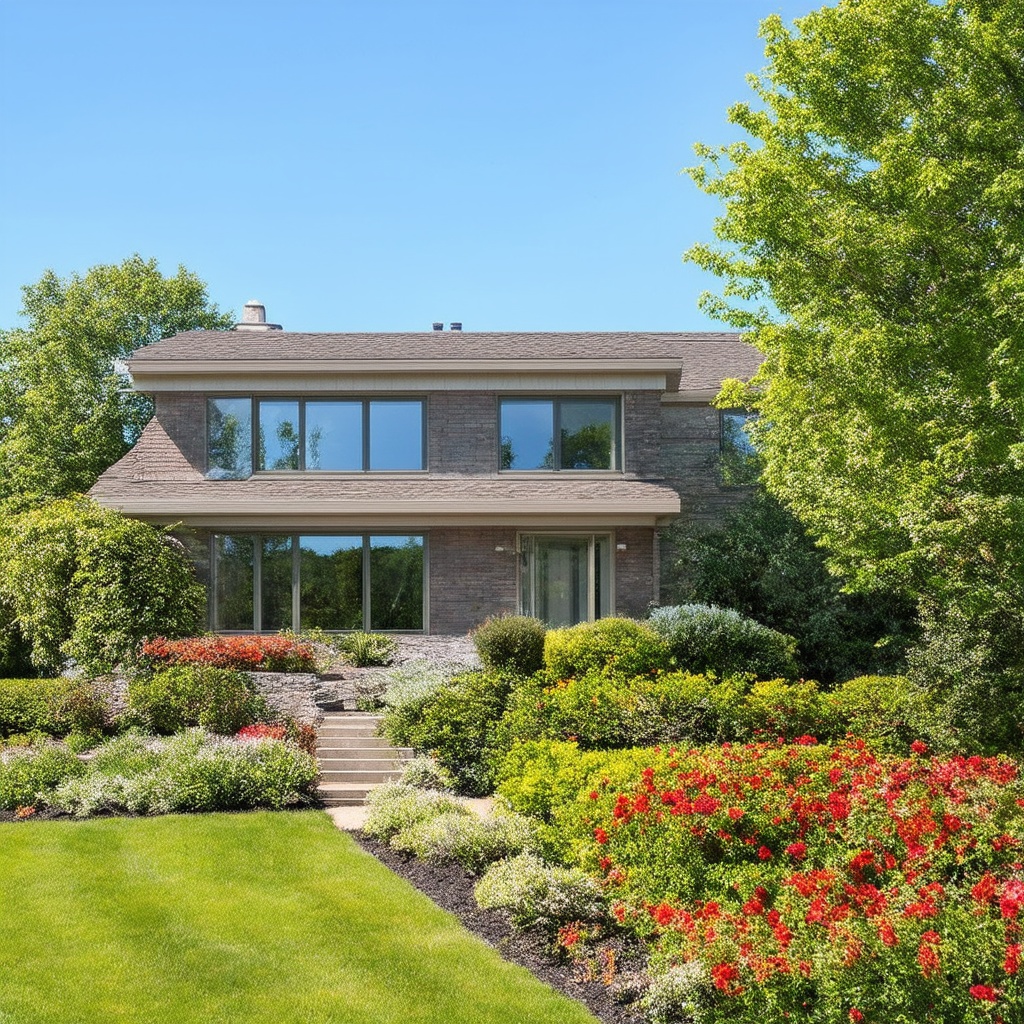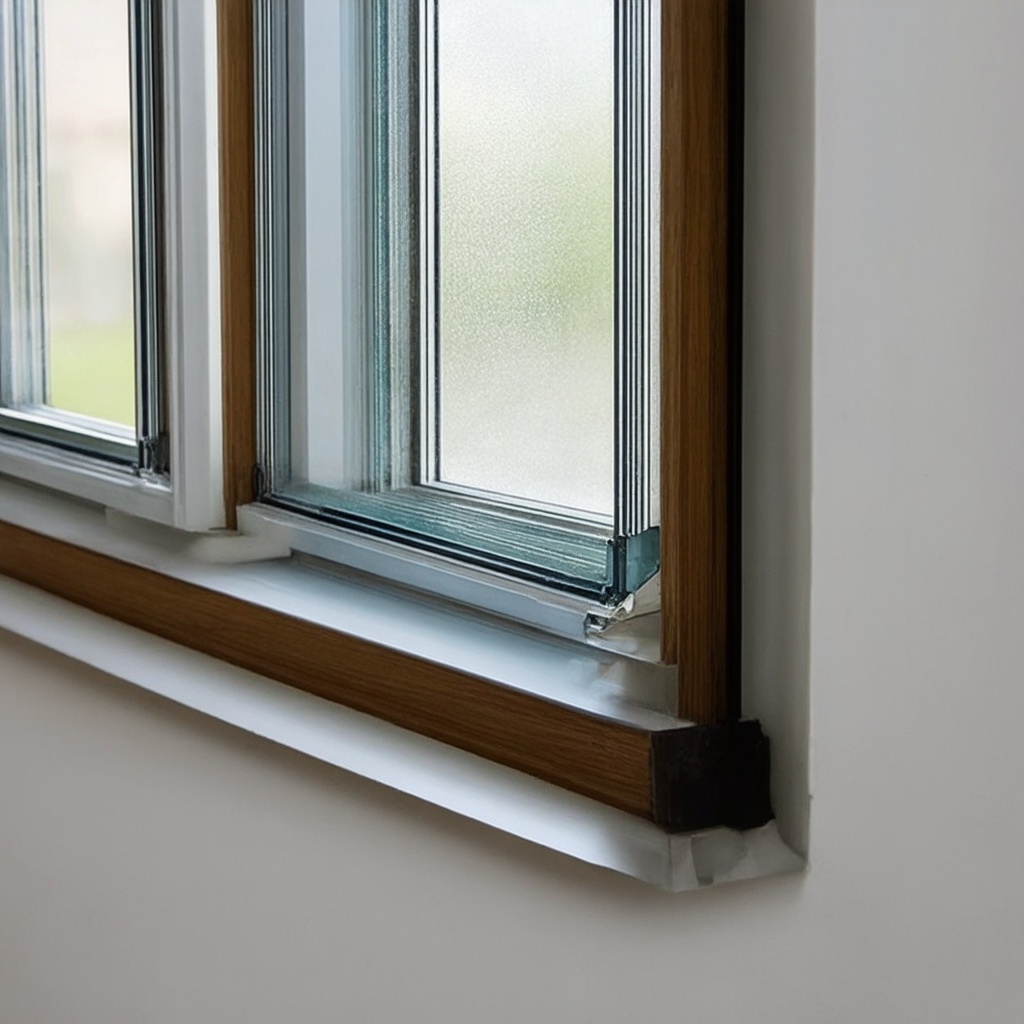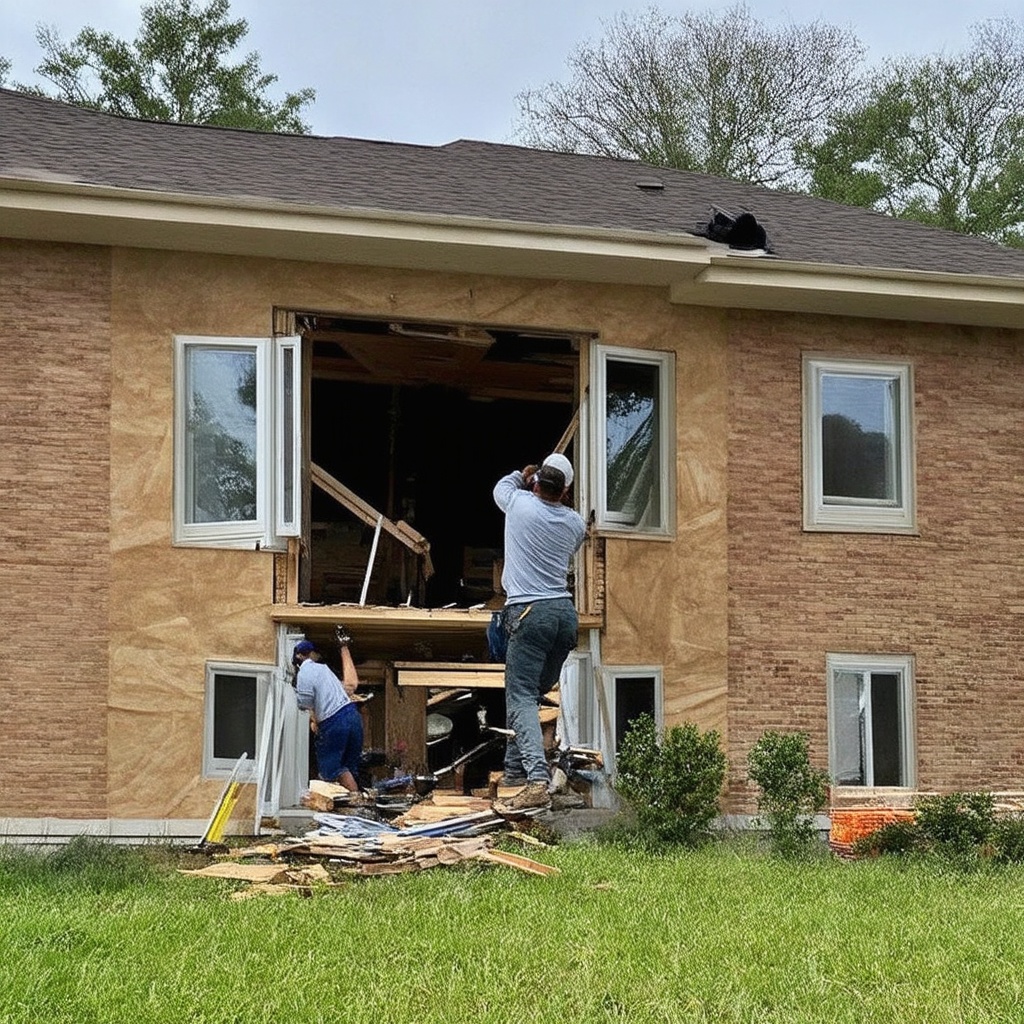Energy Efficiency Benefits in Residential Window Replacement
In today’s ever-evolving home improvement landscape, replacing your home’s windows is not just a matter of aesthetics but a strategic move towards enhanced energy efficiency. Upgrading your windows can significantly reduce your energy bills, improve your home’s comfort, and increase its market value. This article delves into the myriad benefits of residential window replacement, offering insights and expert perspectives to guide your decision-making process.
Understanding the Impact of Window Replacement

Windows play a crucial role in your home’s energy dynamics. They regulate heat transfer, which is essential for maintaining a comfortable indoor environment. Modern window technologies have advanced significantly, allowing homeowners to leverage energy-efficient windows that minimize heat loss and reduce the need for artificial heating and cooling.
The primary benefit of window replacement lies in improved thermal insulation. Energy-efficient windows, often double or triple-glazed, contain insulating gases like argon or krypton, providing superior thermal performance compared to traditional single-pane windows.

Key Benefits of Energy-Efficient Windows
Investing in new windows can transform your home in several ways. Here are the key benefits:

- Reduced Energy Costs: Energy-efficient windows can lower your heating and cooling expenses by up to 30%.
- Enhanced Comfort: These windows eliminate drafts, maintaining a consistent indoor temperature year-round.
- UV Protection: Modern windows filter out harmful UV rays, protecting your interior furnishings from fading.
- Noise Reduction: The improved insulation properties also contribute to a quieter indoor environment.
- Increased Home Value: Homes with energy-efficient features are more attractive to potential buyers, potentially increasing resale value.
Technical Insights into Window Technology

To make an informed decision, it’s essential to understand the technical aspects of window technologies. Energy-efficient windows typically feature:
- Low-E (Low Emissivity) Glass: This type of glass has a special coating that reflects heat, keeping your home warm in winter and cool in summer.
- Gas Fills: Argon or krypton gases are filled between panes to enhance insulation.
- Warm Edge Spacers: These materials reduce heat transfer around the window edges.
- Multiple Glazing: Double or triple glazing provides additional layers of insulation.
These features work together to maximize energy efficiency and comfort. When choosing new windows, look for those with a high Energy Star rating and a low U-value, which indicates better insulation properties.
Case Studies and Real-World Examples
Consider the case of a suburban family who replaced their home’s 20-year-old windows with modern, energy-efficient models. Post-installation, they reported a 25% reduction in their monthly energy bills and noticed an immediate improvement in indoor comfort. Not only did this financially benefit the family, but it also increased their property value by approximately 10% during a subsequent appraisal.
These real-world examples demonstrate the tangible benefits of window replacement. By investing in high-quality windows, homeowners can enjoy long-term savings and enhanced quality of life.
Conclusion: Take the Next Step
Replacing your home’s windows is more than an upgrade; it’s an investment in your home’s future. By choosing energy-efficient options, you not only reduce your carbon footprint but also enjoy a more comfortable and cost-effective living environment. Start by consulting with a trusted windows contractor to explore the best options for your home.
As you consider this upgrade, remember that the initial cost is often offset by the energy savings and increased home value. With the right guidance and materials, window replacement can be one of the most rewarding home improvements you undertake.
Frequently Asked Questions
Replacing windows improves energy efficiency, reduces utility bills, and increases home comfort and value.
They use advanced technologies like low-E glass and gas fills to minimize heat transfer and improve insulation.
Look for drafts, increased energy bills, condensation between panes, and difficulty opening or closing windows.
You can save up to 30% on your energy bills with new, energy-efficient windows.
Yes, many governments offer tax credits or rebates to encourage energy-efficient home improvements.
